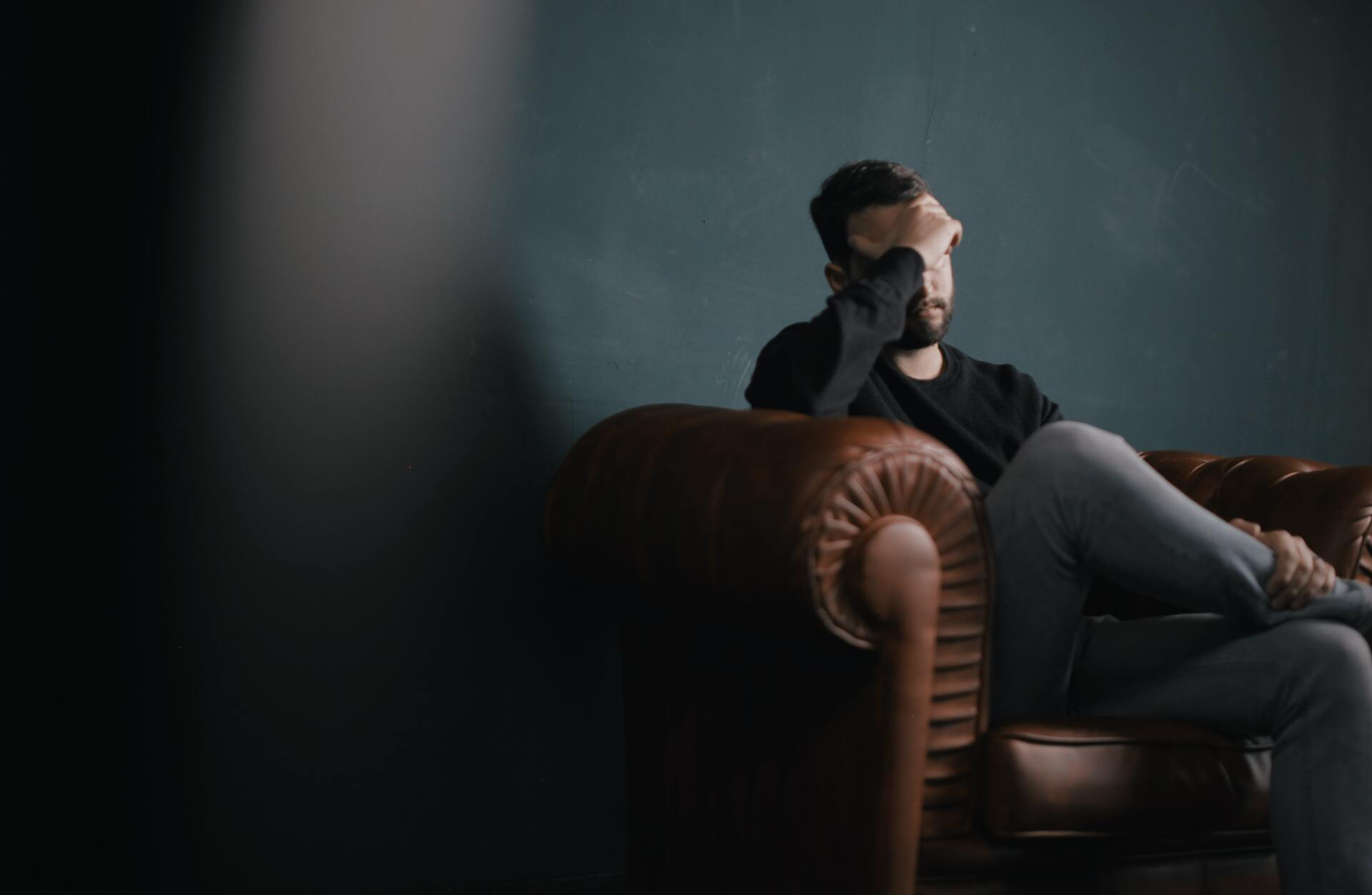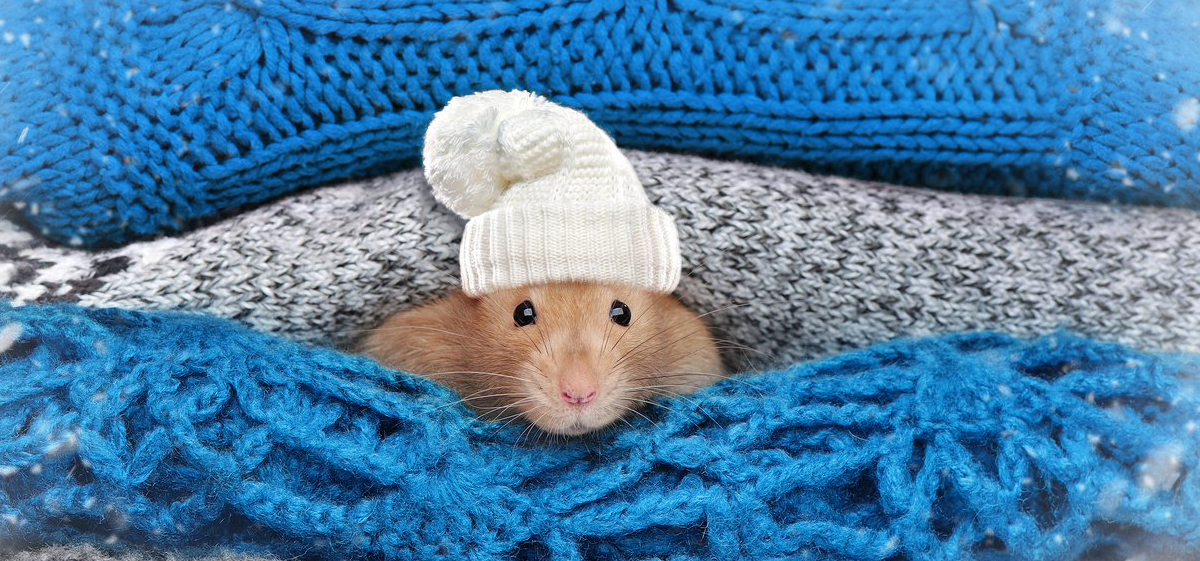Valerie Taylor-Walker
Do you share my fear of mice? I had forgotten I had a fear, until a mouse suddenly decided to jump out from under a chair this week!
It’s completely irrational, I know. It is not as if they are huge and can attack me! In fact you hardly see them they are so fast - just a flash from the corner of your eye. This one, however, took great pleasure in darting in and out between my mum's feet (she is sitting in the chair!) or just standing in the middle of the room, as if to torment me.
But why the fear? Jumping at the sight of a mouse is actually quite a natural response. Their sudden movement causes a 'startle' reaction, where our subconscious automatically senses danger and we go into flight or fight mode – though in this case it is less fight and more a case of flight or freeze.
I never used to be scared of mice, but I believe in my case it was a learned response. Both my mother and grandmother would scream and jump onto the nearest chair should they ever see one, so now I tend to do the same.
The dilemma!This week, however, I was forced to face my fears! The mouse actually appeared from under my elderly mother’s chair. She happens to be extremely fond of biscuits and despite continual hoovering and clearing up, there is always remains some evidence of her constant munching. I was absolutely mortified, but what could I do. If I suddenly yelled and jumped up, she would become hysterical and possibly have a heart attack. At the same time, not telling her risked the mouse running over her bare feet!
- Having no choice but to carry on as though nothing was happening, I had to face my fear and the worst thing that I feared could happen obviously didn't.
- Making use of various hypnotherapy techniques to keep me calm in the situation, including ratio-breathing and changing the way I actually perceived the mice. (I told myself that the mouse was simply a mother trying to feed her baby and keep it safe and warm from the storm outside. She didn't intend me any harm and was in fact frightened herself).
- By anticipating the mice and knowing they would do me no harm, it was longer perceived as a threat. As a result the fight or flight response did not kick in.
Latest Blog





